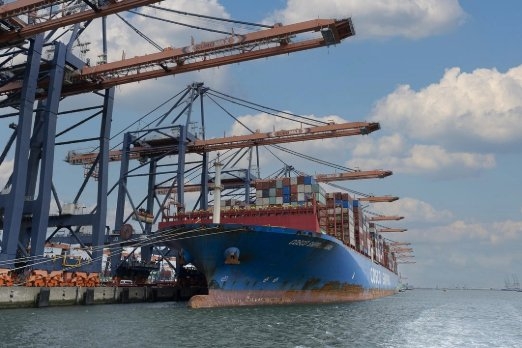by Ship & Bunker News Team
March 24, 2025
View on Ship & Bunker News.

WSC says shipping’s shift to methanol is gaining momentum, but a supply shortfall and high costs could slow adoption. File Image / Pixabay
Methanol is rapidly emerging as a preferred alternative fuel for shipping, with 212 methanol-capable boxships expected to be in service by 2030.
Major ports are expanding their bunkering infrastructure, and shipowners are committing to methanol as a key solution for reducing emissions.
Despite this momentum, a serious supply gap threatens to slow adoption, the World Shipping Council (WSC) warns in a new report.
By 2030, global shipping is projected to need approximately 7 million mt of renewable methanol annually, but the anticipated production is significantly lower.
Europe, a key supplier, is expected to produce only 2.24 million mt per year of renewable methanol by 2030, covering just 22% of expected shipping demand. Global estimates suggest total renewable methanol production could range between 10 and 30 million mt, but competition from industries such as chemicals, heavy manufacturing and other industries will put additional pressure on supply.
Even if production increases, cost remains a critical challenge. Bio-methanol is nearly five times more expensive than conventional marine fuels, while e-methanol costs even more. Without financial mechanisms to close the gap, shipowners may struggle to justify the switch, even as regulations push them towards greener alternatives, WSC argues.
WSC report highlights the significant price gap between renewable methanol and VLSFO.
- Bio-methanol is 469% more expensive than VLSFO
- E-methanol is 626% more expensive than VLSFO
It says the transition to methanol-powered shipping is no longer just about technology; it’s about ensuring supply.
As 2030 approaches, the industry faces mounting pressure to scale up production, secure long-term investment, and make methanol a viable solution for decarbonising shipping.
Ship & Bunker News Team
To contact the editor responsible for this story email us at editor@shipandbunker.com


